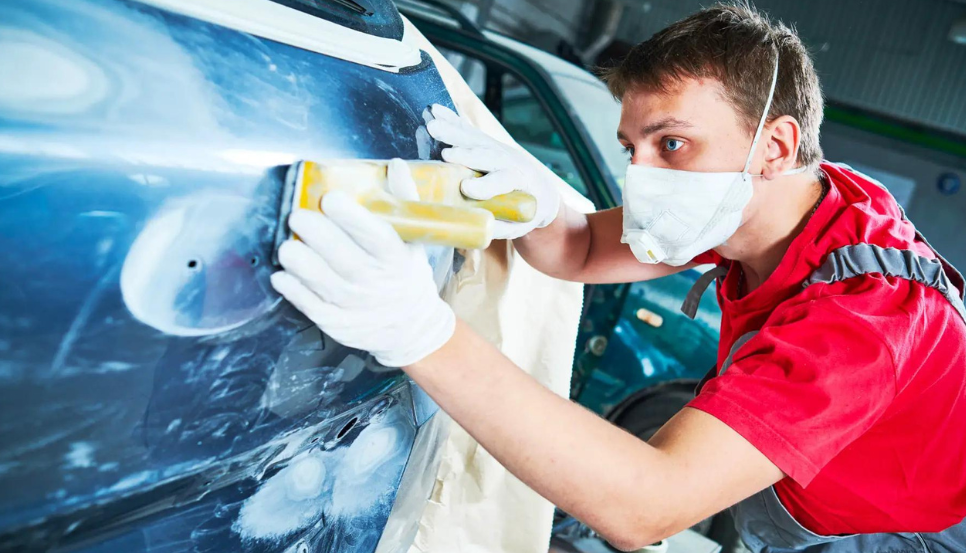Car washes and roadside services

Key figures
_______
car washes
Source: Mobilians car wash branch
billion euros turnover for the car wash sector
Filling stations in operation at end of 2021 in France
*Network survey in 2021 by UFIP Energies et Mobilités
tonnes of lubricants sold
* Centre professionnel des lubrifiants (CPL)
Car washes, roadside service and petrol stations, lubricants
_________________
The lubricant market:
The roadside service and petrol station market: There are three different types of fuel station: oil company stations operating on major traffic routes, supermarket chains operating in their car parks, and small-scale companies operating in remote areas, each with a different business model. Yet they all have to adapt to the energy and mobility transition. EQUIP AUTO presents a wide range of investment solutions.
The car wash market: Car washing is a key sector in the automotive industry. It caters to the needs of a constantly growing number of cars on the road, but is facing challenges such as restrictions on the use of water, rising energy costs and environmental issues, of which it is a key part. EQUIP AUTO brings together a representative range of players in Lyon.
Sector talking points
_______
The sector's product categories
_______
Washing equipment and products:
Car wash brushes; Friction and high-pressure automatic car wash arches; Friction car wash arches; High-pressure automatic car washes; High-pressure cleaners (hot, cold); Jet washes; Parts washing equipment; Reverse osmosis systems, water recycling; Self-service car washes and equipment; Spare parts for jet washes; Steam cleaning; Wash booths; Washing products; Washing systems; Water softeners
Cleaning - vacuuming:
Autoscrubbers; Cleaners; Cleaning products (solvents, degreasing agents); Dust control mats; Dust removers, vacuum cleaners, injectors, extractors; Floor sweepers; Lubrication and cleaning guns; Parts cleaners; Single-disc machines
Petroleum products - Lubricants:
Greases; Lubricants; Petroleum products
Vehicle care and small repair products:
Additives; Air fresheners, sprays, fragrances; Alloy wheel cleaners; Antifreeze; Car polish shampoo; Chemicals; Insect and tree sap removers; Lubricating oils; Maintenance products for electrical and electronic equipment; Paint restorers; Plastic restorers; Scratch removers; Screenwash; Tar removers; Touch-up spray paint
Filling stations: equipment:
Battery charging equipment; Electronic payment systems (computerized tills, swipe card machines, etc.); Fuel distribution and electronic control equipment; Material and equipment for fuel transfer; Merchandising; Storage equipment

Lavage auto : ses problématiques et ses enjeux
____________________
- Podcast -
Dans cette partie de l'émission, nous avons fait le point sur les réglementations en vigueur en France, mais aussi sur les outils développés afin de préserver la ressource en eau, en compagnie de Damien Rioult, responsable des ventes chez Heurtaux.



